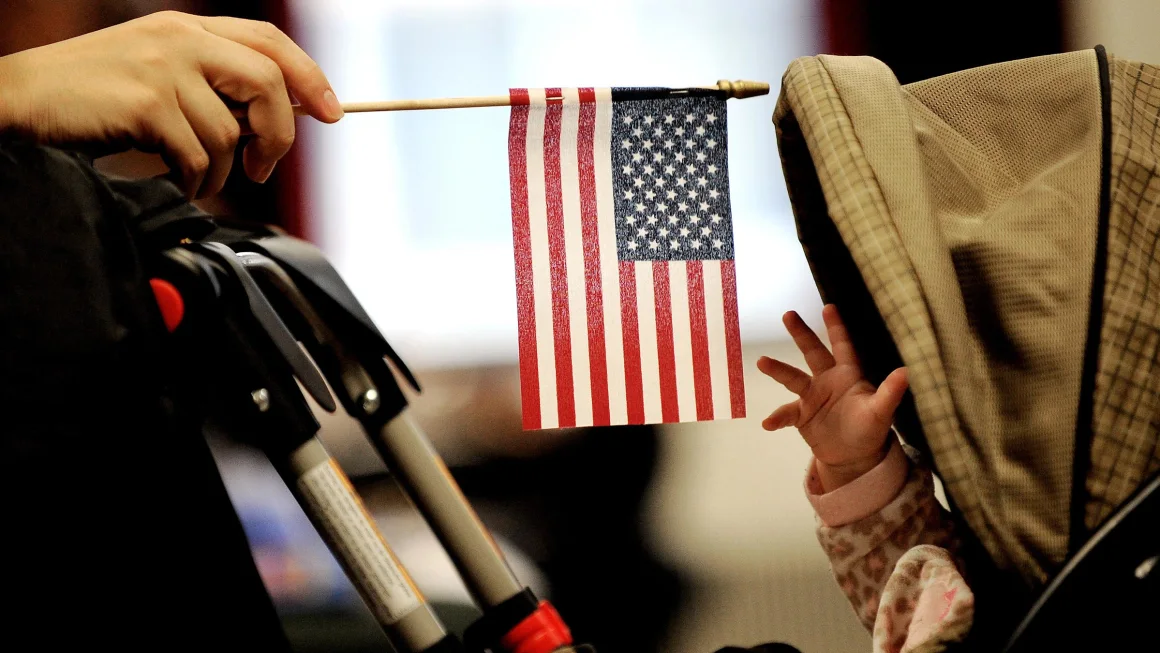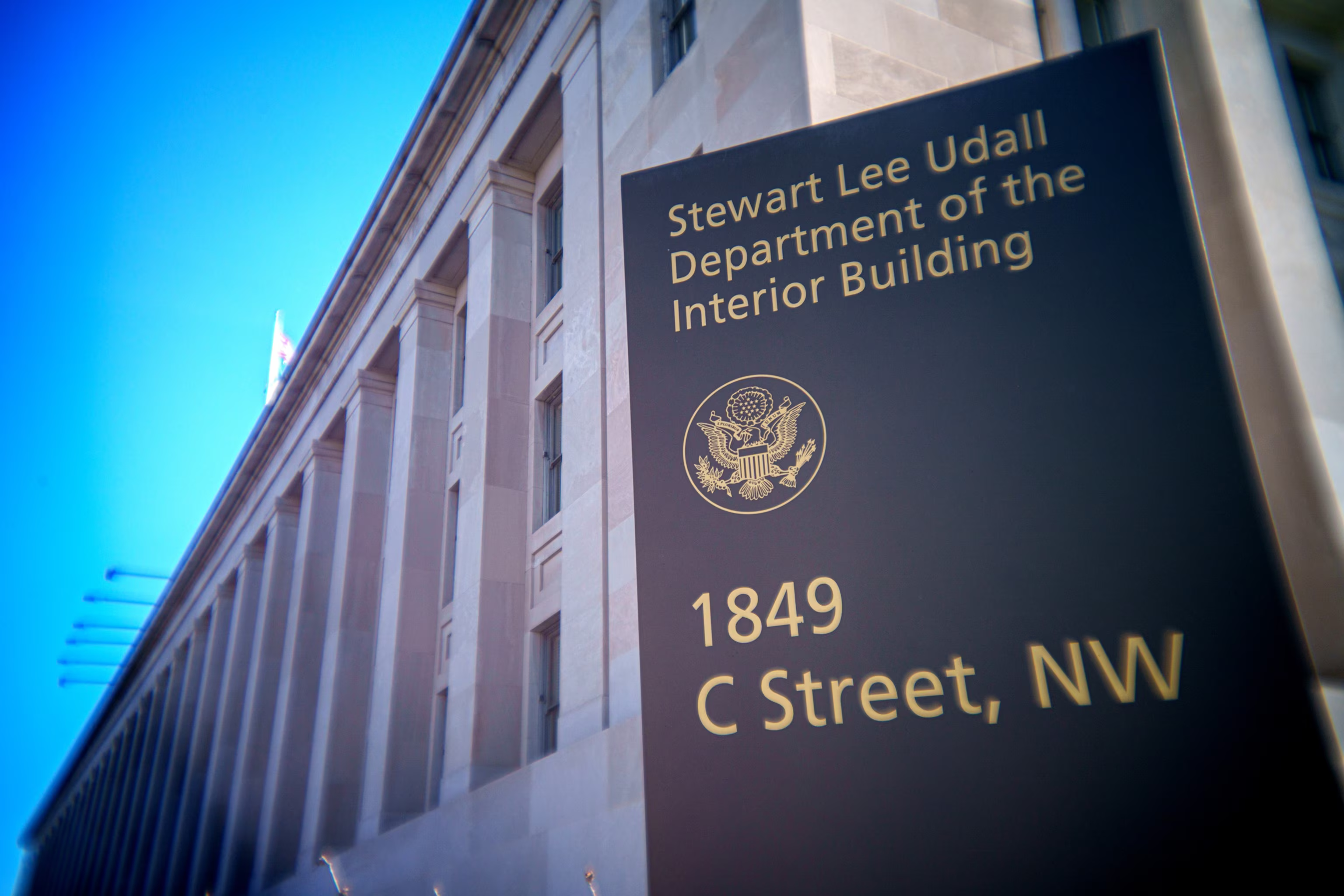Well, hold your horses, because that seemingly simple concept, often called birthright citizenship, is currently navigating the complex legal maze all the way to the Supreme Court.
The 14th Amendment Foundation
At the heart of this whole discussion is the 14th Amendment to the U.S. Constitution. Think of the Constitution as the nation’s foundational blueprint, and the 14th Amendment is a pretty significant load-bearing wall added after the Civil War.
It famously states that “all persons born or naturalized in the United States, and subject to the jurisdiction thereof, are citizens.” For a long time, this was widely interpreted to mean if you’re born on U.S. soil, you’re a citizen, plain and simple.
A New Interpretation Emerges
Enter the recent push from the Trump administration. Hours after returning to the White House in January, an executive order was signed stating that children born in the U.S. to undocumented immigrants are not citizens. The administration’s argument hinges on those three little words in the 14th Amendment: “subject to the jurisdiction thereof.”
They contend this phrase wasn’t meant to apply to children of undocumented immigrants or those just visiting temporarily.
The Stop Signs Go Up
Now, here’s where the plot thickens. Three federal judges in Maryland, Massachusetts, and Washington looked at this executive order and essentially said, “Hold up!” They issued what are called nationwide, or universal, injunctions. This isn’t a one-off; courts have blocked presidential executive orders quite a bit recently, leading to a bit of a legal traffic jam.
The Supreme Court’s Next Move
The Trump administration wasn’t exactly thrilled about these nationwide stop signs. They argued that lower courts overstepped their authority by issuing injunctions that apply to the entire country, not just the specific people or states involved in the lawsuit.
They’ve taken this specific question – the legality and scope of universal injunctions – to the Supreme Court. It’s a crucial point because, if the Supreme Court agrees with the administration, it could make it easier for future presidents to implement policies via executive order without facing broad judicial blocks.
Why This Court Case Matters
While the case before the Supreme Court is technically about the power of injunctions, it’s deeply intertwined with the birthright citizenship debate. The administration wants the court to rule that injunctions should only apply to the specific plaintiffs in the case (the immigration advocates and 22 states that sued).
This would allow the executive order to potentially take effect for others, even while the core question of birthright citizenship under the 14th Amendment is still being debated in separate legal challenges.
What Legal Experts Say
Many legal experts look at the 14th Amendment and scratch their heads at the administration’s interpretation. They largely agree that the president doesn’t have the power to unilaterally end birthright citizenship because it’s a constitutional guarantee.
Think of the Constitution as a fortress; you can’t just change its structure with a memo! So, even if the administration wins the current Supreme Court case regarding injunctions, they’ll likely face further legal battles directly challenging the executive order’s interpretation of the 14th Amendment itself.
Potential Real World Impact
Let’s talk about who this affects. Ending birthright citizenship, even partially, could impact tens of thousands of children born and raised in the U.S. One lawsuit argues it would create a “second-class status” for a generation.
An immigration lawyer pointed out a serious concern: these children could become undocumented in the only country they’ve ever known, or even “stateless,” with no guarantee that their parents’ home countries would accept them.
Waiting for the Ruling
The Supreme Court is currently considering arguments related to the nationwide injunctions issued against the executive order concerning birthright citizenship. A timeline for the court’s decision has not been announced.
The composition of the court includes justices appointed by various administrations. While the immediate case before the court addresses the scope of judicial remedies such as universal injunctions, its resolution is relevant to the ongoing legal discourse surrounding the executive order’s interpretation of the 14th Amendment.
This legal development highlights the dynamics between executive authority, judicial review, and the interpretation of constitutional provisions regarding citizenship. Legal challenges to the executive order have presented arguments citing concerns that the order could potentially affect the citizenship status of individuals born in the United States, raising questions about their legal standing within the country and the possibility of being rendered stateless.
The outcome of this and related litigation will contribute to the understanding of birthright citizenship as defined by the Constitution and statute.
Contact us today through our website or WhatsApp to discover how we can help you achieve success in the United States. Together, we can turn dreams into reality.
Information source: bbc.com



